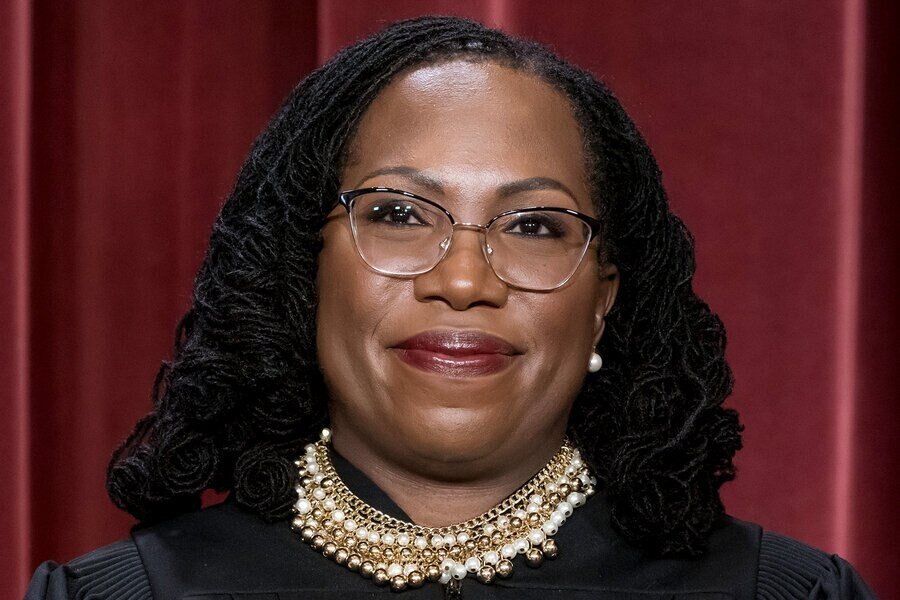The Supreme Court on Thursday dealt a blow to DEI, reverse discrimination, and the radical-left LGBTQ movement.
As USA Today reported, the Court unanimously sided with a straight woman in the case of Ames v. Ohio Department of Youth Services that she faced a higher hurdle to sue her employer than if she’d been gay.
By doing so, they revived her reverse discrimination claim and overrode a lower court’s ruling that Ames had no standing to sue her employer, the Ohio Department of Youth Services.
In an ironic twist, the decision was written by arguably the most radical justice on the court, Ketanji Brown Jackson.
The woman, Marleen Ames, previously alleged she was a victim of reverse discrimination. She had been passed over for a promotion, then demoted, because she was straight.
Ames previously sued the Ohio Department of Youth Services after she learned that the agency refused to promote her and instead gave the promotion to a gay woman. She was then demoted and replaced by a gay man.
She said such actions violated Title VII, which bars discrimination against individuals at work based on race, religion, national origin, and sex. The latter includes sexual orientation.
Ames said the Ohio Department of Youth Services discriminated against her based on sexual orientation.
Jackson said that the test was unsupported by the text of Title VII or cases that have interpreted it.
“We conclude that Title VII does not impose such a heightened standard on majority group plaintiffs,” she wrote.
CBS News notes that today’s ruling will make it easier to pursue claims of reverse discrimination in 20 states and the District of Columbia that are covered by federal courts of appeals that still applied the standard.
Share your thoughts by scrolling down to leave a comment.













